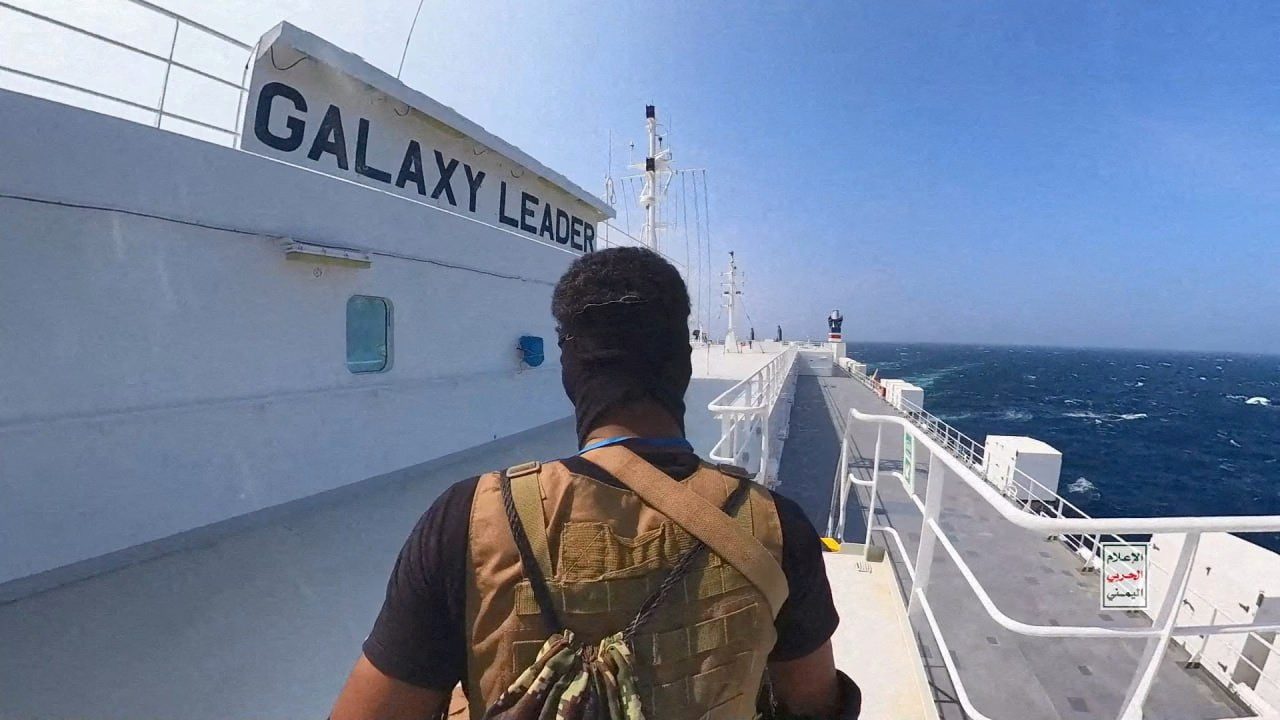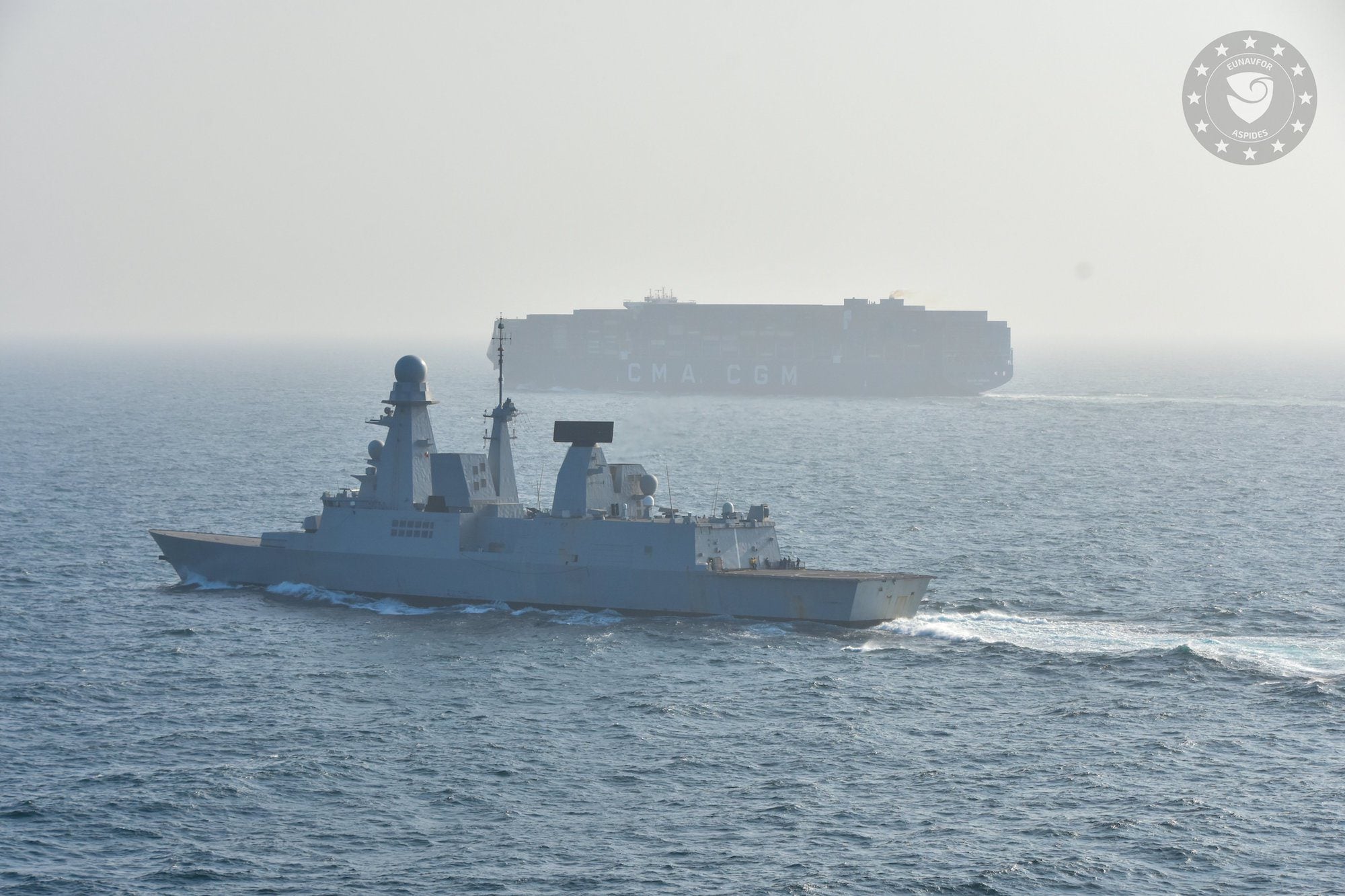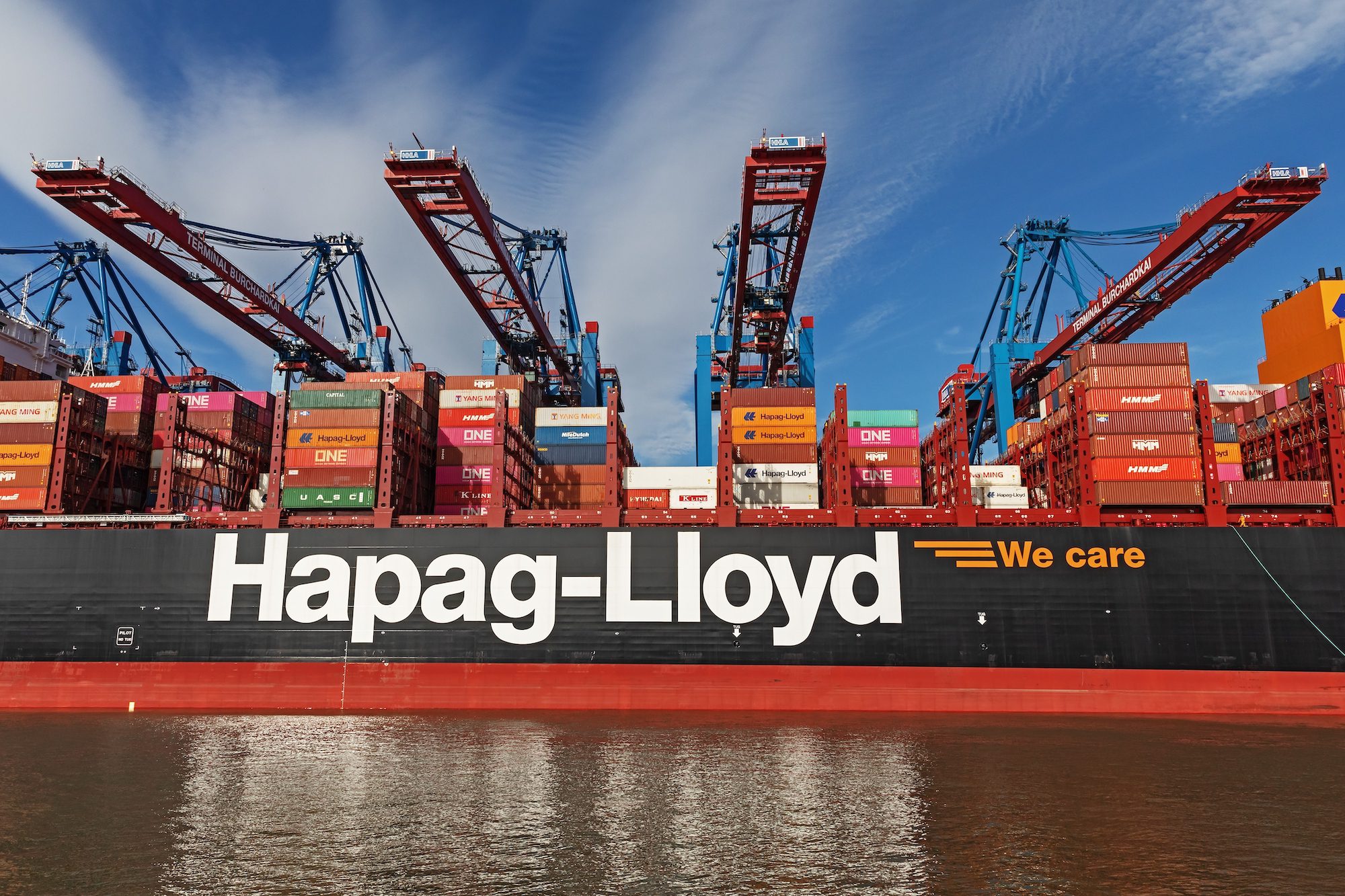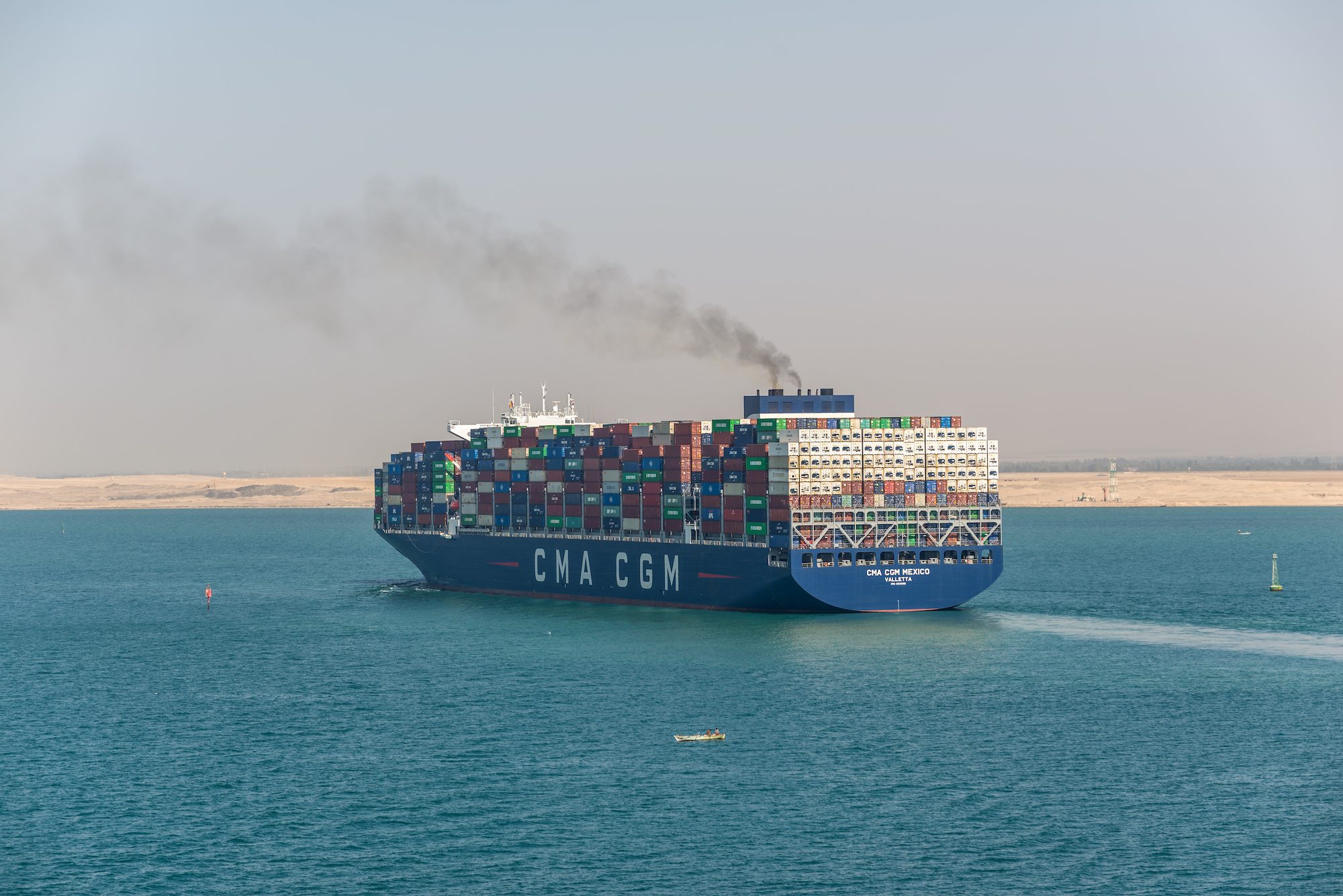By Alex Wickham, Iain Marlow and Peter Martin (Bloomberg) —
The US and its allies are weighing options for retaliation against escalating attacks at sea by Houthi militants as they struggle to balance their determination to deter further aggression against the risk of sparking a wider Mideast war.
The Houthis, based in Yemen, launched their largest missile and drone attack to date on ships in the Red Sea on Tuesday, challenging US and UK forces patrolling the critical waterway. American and British jets and warships shot down 18 drones and three anti-ship missiles, according to the US military.
The incident highlighted the failure of US and allied actions so far to deter the attacks by the Iran-backed militant group, which has fired missiles at container and military ships on an almost-daily basis over the past two months. The White House has been considering military strikes on Houthi targets in Yemen, Bloomberg News has reported, despite the risk of a regional escalation.
“We’ve been clear with more than 20 other countries that if this continues, as it did yesterday, there will be consequences,” Secretary of State Antony Blinken told reporters Wednesday during a stop in Bahrain, without spelling out options. “This represents a clear threat to the interests of countries around the world, and it’s important that the international community come together to respond.”
UK Defence Secretary Grant Shapps warned the Houthis to “watch this space.”
Still, the UK’s position in talks with the US has been that attacks should focus on operations at sea rather than in Yemen because of the risks of escalation, according to a UK official familiar with the conversations. Saudi officials, while wanting to stop the attacks, have expressed nervousness to the US and others about any military action in Yemen, according to people familiar with the conversations.
The Houthis control swaths of Yemen, including the capital Sanaa and the port of Hodeida. The group has said it won’t back down until Israel stops fighting Hamas, which is also funded and trained by Iran.
There were no injuries or damage to merchant vessels reported during Tuesday’s “complex” assault, the US Central Command said. It was the 26th Houthi shipping attack since Nov. 19, according to Centcom, which is responsible for the US military in the Middle East and parts of Asia.
The UK said the Houthi drones and missiles targeted both warships and commercial vessels.
Ambrey Analytics, a maritime risk-management company, said it received information that “aerial projectiles” were seen about 50 miles (80 kilometers) off the coast of Hodeida, near the Bab el-Mandeb strait at the southern end of the Red Sea. Nine merchants ships adjusted their course at the time of the attack, according to Ambrey.
The attacks have forced many shipping companies to reroute their vessels away from the Red Sea — which links to the Mediterranean via the Suez Canal — and send them on a much longer route around southern Africa. That’s roiled supply chains and pushed up freight costs, potentially filtering through to the global economy and boosting inflation.
Over the past weekend, the number of transits through the Suez Canal fell to the lowest since it was blocked by a stuck container ship in 2021, according to Inchcape Shipping Services.
While oil prices have been relatively stable, with Brent trading below $80 a barrel, traders are concerned about a prolonged period of attacks.
Tensions over the Israel-Hamas war have risen, with growing fears the conflict could spread further across the region.
In addition to its operations in Gaza against Hamas, designated by the US and European Union as a terrorist group, Israel has traded fire with Iranian-backed Hezbollah forces in southern Lebanon. In the past week, it’s upped the ante by assassinating Hamas and Hezbollah commanders based in Lebanon.
“We’ve made clear, and many other countries have made clear, that there will be consequences for the Houthis’ actions,” Blinken told reporters Wednesday. “We’ve also repeatedly tried to make clear to Iran, as other countries have as well, that the support that they’re providing to the Houthis, including for these actions, needs to stop. It’s not in their interest to see the conflict escalated. And we’re not the only ones who have sent this message to Iran.”
The top US diplomat is on a whirlwind tour of the Middle East to try to prevent escalation. He met Israeli leaders including Prime Minister Benjamin Netanyahu on Tuesday before going to the West Bank and Bahrain on Wednesday. He’s scheduled to be in Egypt Thursday.
Other Gulf states share Saudi concerns about attacking the Houthis in Yemen. Qatari Prime Minister Sheikh Mohammed Bin Abdulrahman Al Thani – speaking alongside Blinken on Sunday – rejected a military response and warned it would only escalate regional tensions.
© 2024 Bloomberg L.P.
Editorial Standards · Corrections · About gCaptain
This article contains reporting from Bloomberg, published under license.

 Join The Club
Join The Club











